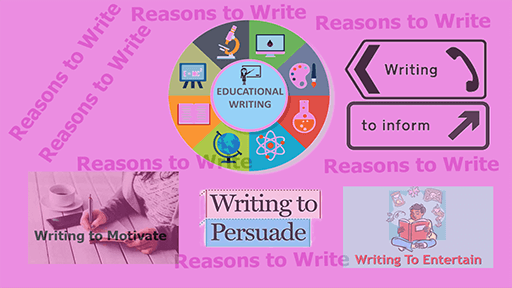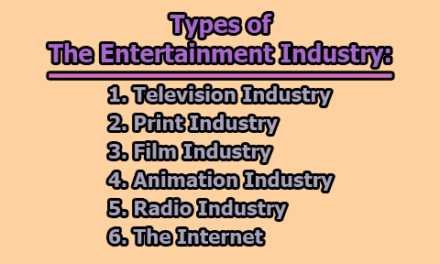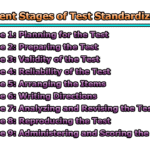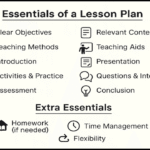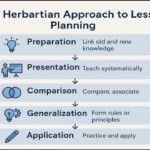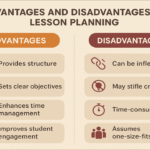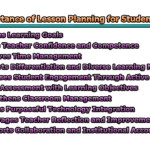Typically, writing in everyday life tends to be performed for either the mundane tasks of personal and household management – shopping lists, phone messages, reminder notes to the kids – or for work-related tasks, such as inter-office memos, sales reports, and personnel evaluations. Writing using a computer or smartphone is increasingly common with the spread of technology into all aspects of modern life, although there are generational and demographic differences in the practice of using a computer for writing. For example, found that younger, better educated, and employed US adults spent more time writing with computers, while older, less educated, and non-working persons spent more time writing using paper. While the variety of writing tasks adults engage in might be thought of as essential to work and home life, many everyday writing tasks probably contribute little to the overall quality of individuals’ intellectual and emotional lives. In the rest of this article, we are going to know about the reasons to write and the benefits of writing.
Reasons to Write:
When we are going to write something obviously it has reasons, we know several reasons are available in writing, mentionable some reasons to write are given below;
Writing to Inform: tells the spectators about a person, place, object, or idea in a neutral, fair and unbiased manner. Informative writing tries to find fairness because impartiality is impossible. The background and theories of the writer twist and skew attempts at impartiality. Instead of striving for neutrality, the information writer intends for even-handedness—researching a topic from several points of view before sharing the results in a straightforward method. Informed writing entails honest self-analysis, and desirable accuracy in the research, surveyed by the services of a skilled editor to eliminate any preconceptions. According to their own drill and morals, news reporters should write to notify with fairness, not objectivity.
Educational Writing: starts at the knowledge level of the listeners and rises their learning more than reporting statistics, writing to educate enlightens the meanings of personalities, positions, events, objects, and perceptions. The educational writer studies onlookers to meet their logical expectations. Surveying with accuracy keeps this type of writing stimulating and open-minded.
Writing to Entertain: is frequently the most effective means of spreading a message. While there is no security of successful results, amusing the viewers may open otherwise closed thoughts. Writing to alleviate the heart has the capacity to remove the dread from terrifying events and alarming concepts. In a world overly hampered by somberness, a cheery-hearted delivery of thoughtful content can keep audiences attentive. Even so, the entertaining writer must study with accuracy and write with impartiality and sensitivity.
Writing to Persuade: presents sympathetic arguments for a detailed point of view. These fortunate defenses must be at least considerate and reasonable. Significantly, this type of writing should acknowledge the optimistic values in other ideas. Showing this consideration of alternative viewpoints adds a confident strong point to any argument. Persuasive writing should focus on ideas and activities, addressing personalities only when important to the argument. It also needs the foundation of exact research.
Writing to Motivate: seeks to rapid people to action. Where influential writing asks for the discretion of an opinion, writing to motivate desires changes in deeds. Unlike influential writing, motivational writing can omit thoughtful and reasonable arguments. Desires for emotional answers are common, habitually disregarding sensible evidence. On the other hand, calls for accomplishment can result from sensibly considered lines of perception. Whether emotional or coherent, motivational writing requires vigilant research and thought.
Benefits of Writing:
Increase Your Communication Skills: Writing motivates you to work on expanding your vocabulary and crafting stronger phrases. It all comes into play when you are having a crucial conversation where you can communicate your ideas more effectively and clearly. Oral or written communication is improved by writing.
Increase Your Creativeness: Writing creatively is an art. Writing helps you develop your ability to envision, visualize, or just create things. Writing is involved in all of it, whether it be music’s lyrics or a movie script. If you work in the creative industry or even just as a hobby, writing is an excellent discipline.
Relief of Your Mental Stress: One of the best activities to undertake if you want to refresh your mind and reduce mental stress is to write your thoughts down on paper. You’ll feel more comfortable if you write down your feelings. For instance, keeping a short notebook can help you feel lighter and have better sleep. According to a study, persons who set aside time once a week to list their blessings are more cheerful and enthusiastic about both their present situation and their future.
Improve Your Perspective: Writing down your agenda or even old memories can help you reflect more clearly on your ambitions and level of efficiency. It provides you with a fresh and wider view of your priorities. You can improve your ability to prioritize by writing frequently. Writing assists in keeping track of actual ideas that are required in the business or in everyday life. Organizing those ideas when brainstorming might be challenging. Writing aids in preserving and providing context for thoughts that may or may not have been forgotten. Additionally, it gives the reader a perspective and throws objective light as they experience the imaginary scene when writing fiction, allowing for an engaging and fascinating read.
Boost Your Accomplishments: No matter how modest, writing can give you a sense of accomplishment, which is tremendously empowering. It can boost your self-assurance and, at the very least, have a beneficial impact on your mood.
Increase Your Memory Sharpens: Memory improvement is aided by writing. As you practice more, it gets stronger. One of the best methods for organizing your memorization is writing. Additionally, it retains memories and emotions such that they can be recalled exactly how they were felt and articulated.
Enhance Your Abilities as a Writer: It takes effort to write. Because of this, handwriting is a hard job that eventually reflects reality. It requires one to take their time, carefully consider each sentence and keeps track of their progress and revisions on a regular basis.
Improve Your Health Condition: An imbalance between the brain’s auditory and language processors is the root cause of dyslexia. Luckily, writing by hand encourages those processors to coordinate and work together. People with dyslexia have trouble learning to read because their brains ineffectively correlate letter and sound pairings. The process of decoding is aided by learning cursive writing, which also improves hand-eye coordination, motor abilities, and other memory processes. Even major illnesses like Alzheimer’s or dementia can be prevented with it.
Improve Your Self-expression: Writing with your hands can help you avoid becoming tongue-tied. It teaches you to grow your concepts and give them deep attention. Because it takes longer to write by hand, you have more time to consider your sentences. You can express yourself more effectively when writing by hand. A pen on paper might be more forgiving than a computer screen. Words can still be changed, and things can still be put away.
Enhance Your Deep and Critical Thinking Capabilities: Writing by hand is relatively slower, it allows the mind to reflect on what you’re writing. It supports the growth of new concepts and the creation of conceptual connections in your thoughts. Writing by hand helps you solve complex problems and find the connections between different concepts. It moves you to take your time and concentrate on your ideas. Daily writing has been demonstrated to help with communicating composite thoughts.
Finally, we can say that writing is a significant literacy activity in modern life that enables individuals to accomplish a variety of personal, intellectual, occupational, and recreational goals. It has been demonstrated, across a variety of investigations, that writing activities yield a number of intellectual, physiological, and emotional benefits to individuals. These benefits include improved memory function, decreased symptomatology, and greater feelings of happiness.
References:
- Brandt, D. (2001). Literacy in American lives. New York, NY: Cambridge University Press.
- Cohen, D. J. White, S., & Cohen, S. B. (2011). A time-use diary study of adult everyday writing behavior. Written Communication, 28(1), 3-33.

Assistant Teacher at Zinzira Pir Mohammad Pilot School and College

